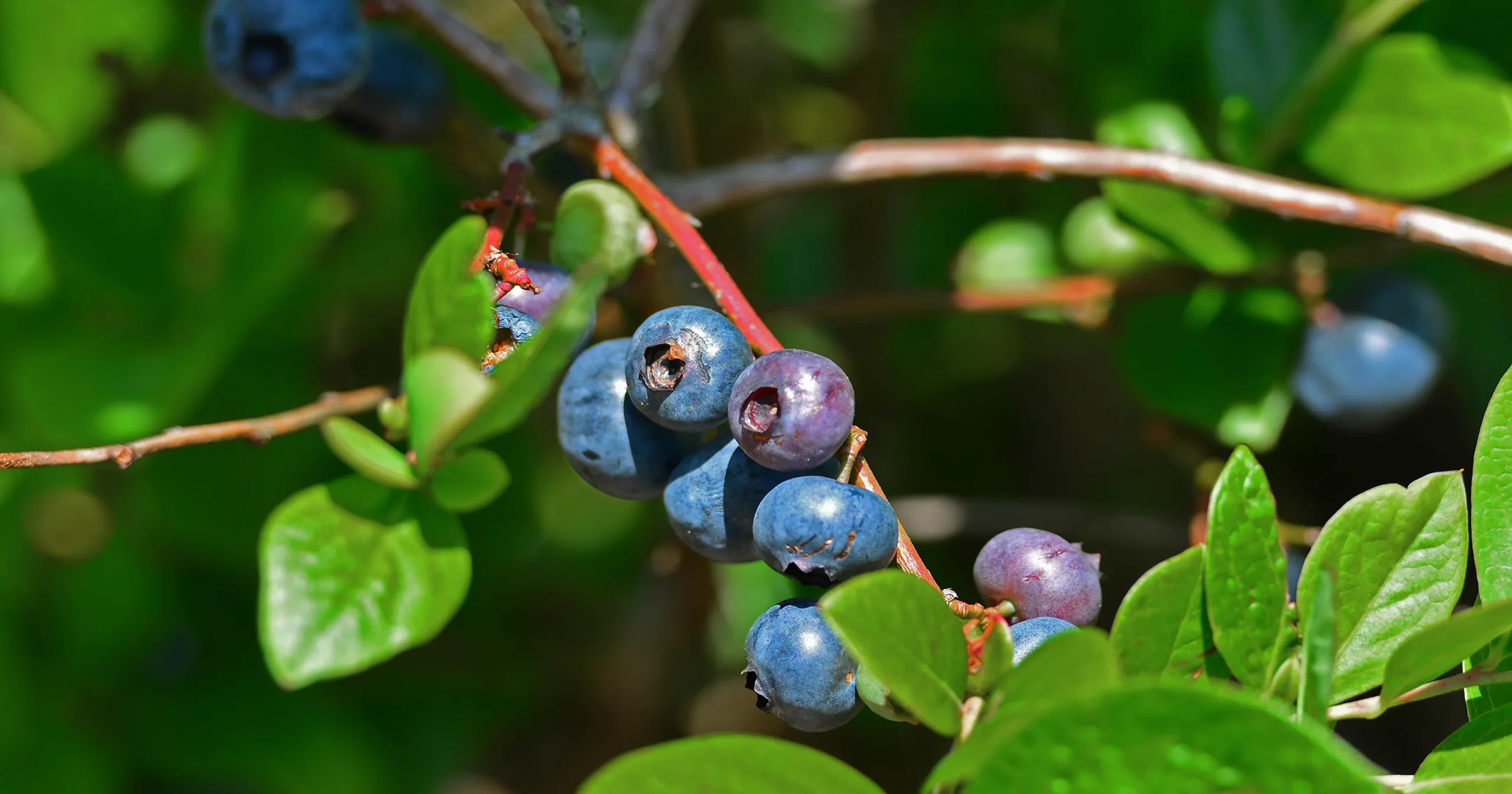Medicinal benefits of Huckleberries (Gaylussacia baccata)

Huckleberries are native to Africa Asia and North America and belong to the Ericaceae family, within the genera Vaccinium and Gaylussacia
Huckleberries are generally more tart, while the darker ones are sweeter. They’re used in a variety of foods, from pies and jams to pancakes, but are not typically grown commercially due to their preference for the wild.
Health Benefits of the HuckleBerries Gaylussacia baccata
Huckleberries from the Gaylussacia genus are not only delicious but also packed with health benefits. Here’s what makes them so good for you:
- Rich in Antioxidants: Huckleberries are abundant in antioxidants, particularly anthocyanins and polyphenols. These compounds help protect your cells from damage caused by free radicals, which can lead to chronic diseases like cancer and heart disease.
- Vitamin C: They are a good source of vitamin C, which is essential for immune system function, skin health, and wound healing.
- Vitamin A and B: Huckleberries also contain vitamins A and B, which support eye health, energy levels, and more.
- Mineral Rich: They provide minerals like calcium and iron, which are important for bone health and oxygen transport in the blood.
- Low in Calories: With only 37 calories per 100 grams, they’re a low-calorie option that’s high in nutrients.
- Fibre Content: The fibre in huckleberries can aid digestion and help maintain a healthy weight.
Additionally, traditional uses of huckleberries in medicine have included treatments for inflammation, pain, heart ailments, and infections. Modern studies suggest they may improve vision, protect DNA, have anti-cancer properties, promote cardiovascular health, reduce inflammation, improve symptoms of diabetes, and preserve brain function.
Incorporating huckleberries into your diet could be a tasty way to boost your nutrient intake and enjoy these health benefits. Just remember, while they’re great for you, it’s always best to consume them as part of a balanced diet.
Chemical composition of Huckleberry
The chemical composition of huckleberries, particularly those from the genus Gaylussacia, is quite fascinating due to their rich phytochemical content. Here are some key components:
- Anthocyanins: These are the pigments that give huckleberries their deep blue or red colour. They are powerful antioxidants and are present in the form of galactoside, glucoside, and arabinoside of delphinidin, cyanidin, petunidin, peonidin, and malvidin.
- Polyphenols: These are another group of antioxidants found in huckleberries. They contribute to the berries’ health benefits, such as reducing inflammation and potentially lowering the risk of chronic diseases.
- Vitamins: Huckleberries are a good source of Vitamin C and also contain vitamins A and B, which are essential for maintaining good health.
- Minerals: They provide essential minerals like calcium and iron, which are important for bone health and oxygen transport in the blood.
- Fibre: Huckleberries contain dietary fibre, which is beneficial for digestive health.
- Low Caloric Content: They are low in calories, making them a healthy addition to the diet
Various ways to use the Huckle berries as herbal medicines
Huckleberries have been used in traditional medicine for their various health benefits. Here are some ways huckleberries can be used medicinally:
- Tea for Digestion: Huckleberry leaves can be dried and used to make tea that may help with digestion and soothe gastrointestinal issues.
- Topical Application for Pain: The berries or leaves can be crushed and applied topically as a poultice to help alleviate pain and inflammation.
- Heart Health: Consuming huckleberries might support heart health due to their antioxidant content, which can help reduce the risk of cardiovascular diseases.
- Immune Support: The high vitamin C content in huckleberries can boost the immune system, helping the body fight off infections.
- Blood Sugar Regulation: They may help in regulating blood sugar levels, which is beneficial for those managing diabetes.
- Cancer Prevention: The antioxidants in huckleberries, such as anthocyanins, have been linked to cancer prevention.
- Anti-Inflammatory: Huckleberries have anti-inflammatory properties that may help reduce the risk of chronic diseases.
- Antibacterial and Antiviral: They also possess antibacterial and antiviral properties, which can help prevent or treat infections

